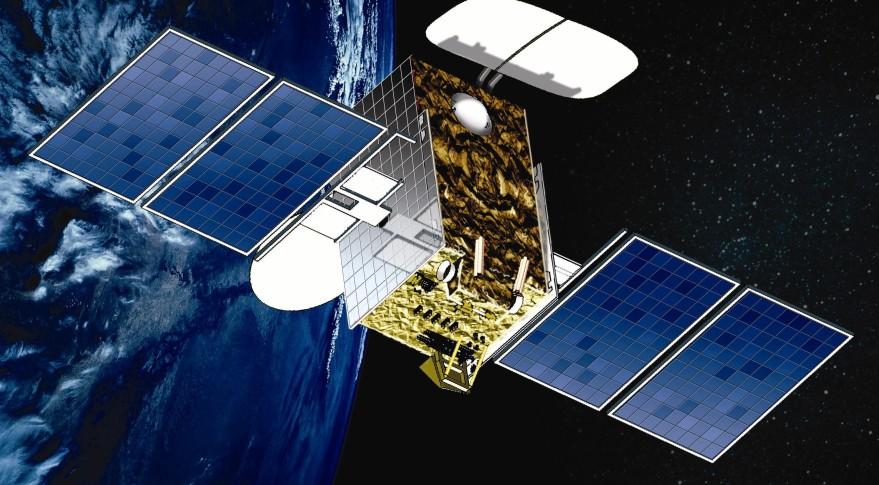Africa-Press – Angola. The European Organization for the Exploration of Meteorological Satellites yesterday announced the launch at the end of the year of a new generation that will improve and accelerate the delivery of data to meteorologists across Europe on severe weather events.
With this equipment it will be possible to better prevent the impact of extreme weather phenomena.
The director-general of the organization (Eumetsat), Phil Evans, highlighted during the presentation of the new system, dubbed “Meteosat of the third generation”, the “revolutionary” nature of these satellites, which could “provide higher quality data, in higher resolution and more detailed of the clouds, and more frequently than could be done until now”.
Specifically, he explained, the European meteorological services will receive 30 times more information, with better quality and at a rate of an update every two and a half minutes, more than four times faster than now.
The new satellites have features such as a lightning detector in the atmosphere, which checks “cloud to cloud” and, among other functions, “will allow European meteorologists to monitor for the first time the complete life cycle of a storm: from the initial instability in atmosphere, before clouds even form, up to lightning”.
This new generation of satellites will help weather services have the information they need to “accurately and rapidly predict developing severe weather events to help keep their communities safe and protect and boost the economy.”
In addition to the imaging satellites, a second type of device will be placed in orbit that allows for capturing images of the atmosphere in three dimensions, to locate areas where there is instability and, therefore, a greater probability of a storm, as well as its evolution, growth and where it will be more intense.
“Due to the fact that climate change is increasing both the frequency and the impact of these severe weather events, it is understood the importance of weather forecasting, both now and in the future”, underlined Evans, who pointed to the disaster caused by the floods in central Europe in the summer of 2021, with more than 180 dead.
The system seeks precisely to reduce the economic impact of severe weather phenomena, which have caused economic losses of 520 billion euros in the European Economic Area in the last 40 years, calculates the European Environment Agency.
The system’s first satellite, which will provide higher-resolution and more accurate images of Europe and Africa every 10 minutes, will launch later in the year, while the third of the constellation’s satellites will enter orbit and be operational by 2026.
For More News And Analysis About Angola Follow Africa-Press






